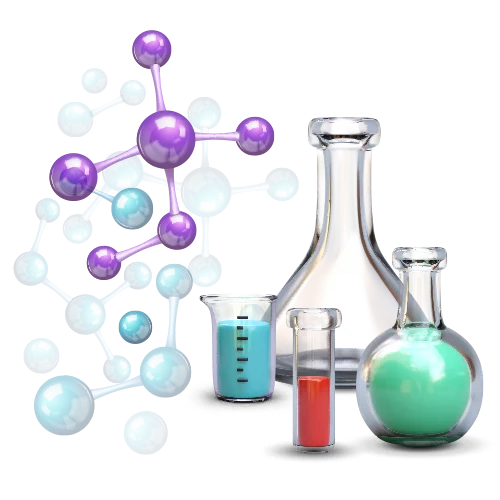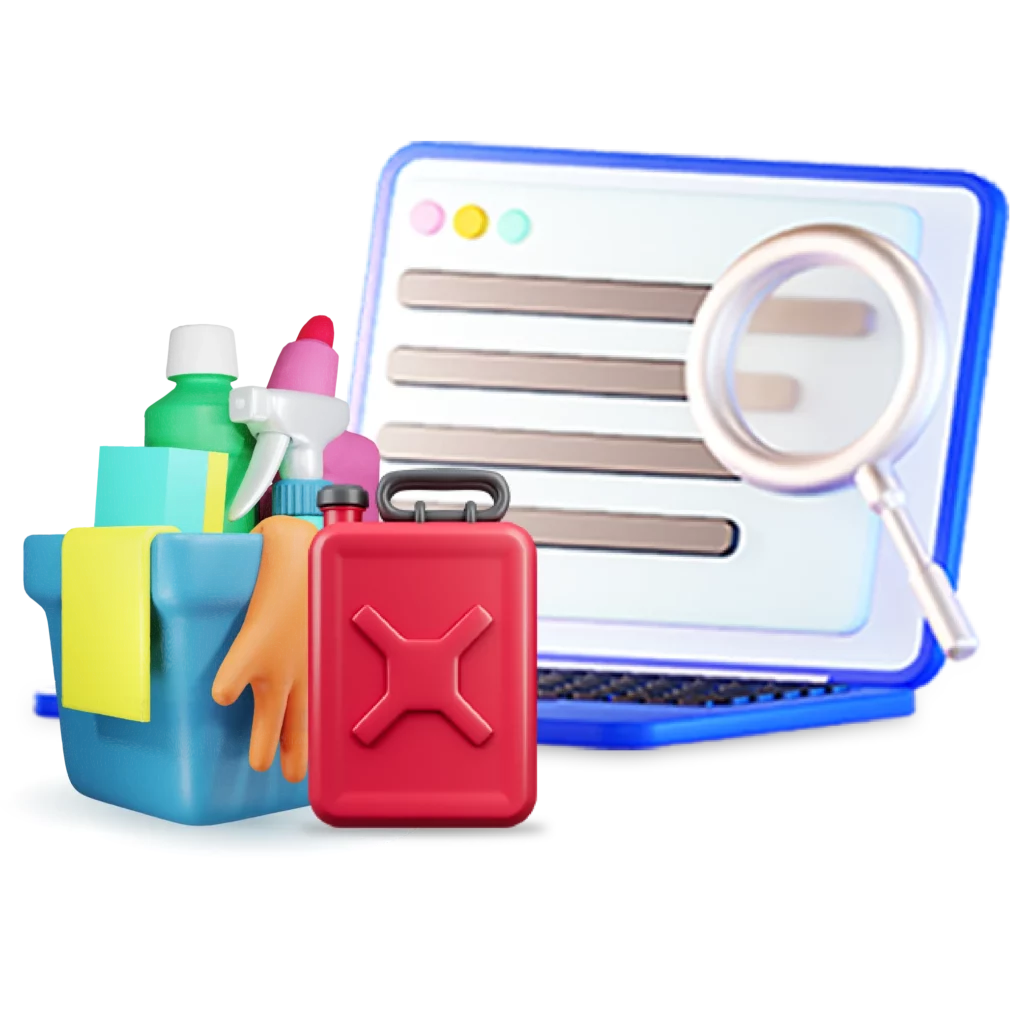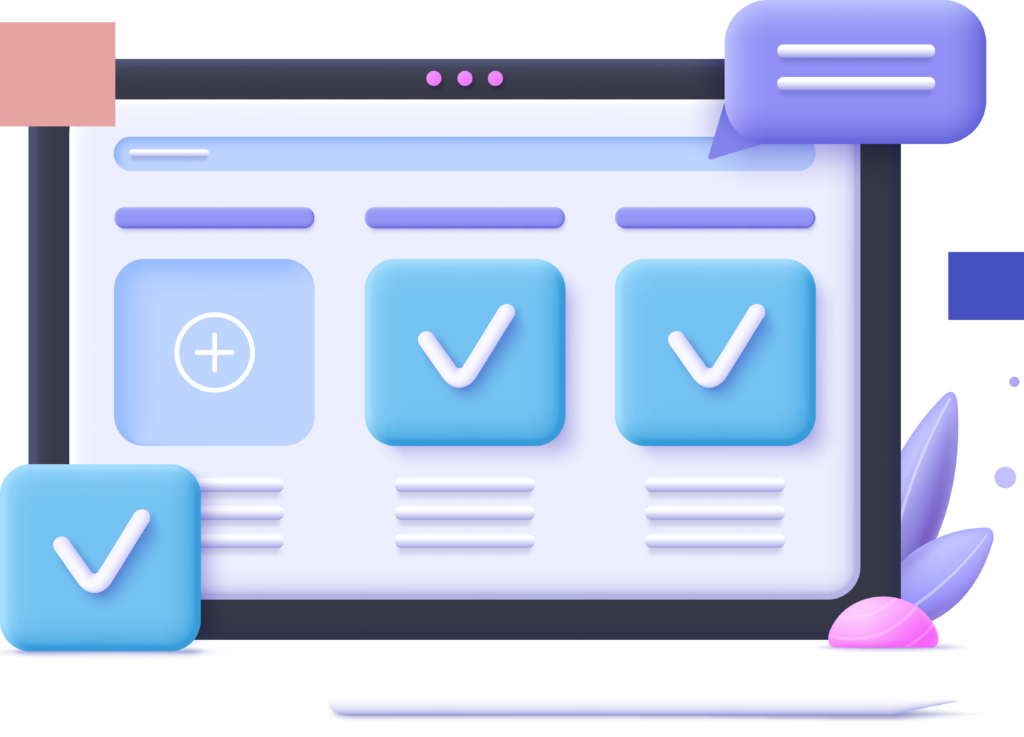What are the Major Quality Challenges in Chemical Industries?
Specialty chemical manufacturing needs an equally comprehensive understanding of both science and business. While handling large volumes of toxic and harmful chemicals, the word “Quality” takes an entirely different dimension in the specialty chemicals business. Proper handling, strict compliance regulations, environmental impact and safe application are some of the primary issues for this industry.
These concerns make it all the more important for industry operators to meet the quality requirements and maintain the requisite production standards. There are many variables that affect the quality of a chemical product and these variables need to be controlled in real-time, with split-second decision making and end-to-end visibility.
Adding to these challenges are ever-evolving compliance standards, limited visibility into manufacturing processes, use of paper-based documentation system and many more. They need a tool beyond their traditional IT systems. They need a chemical quality management system.
?


How Does a QMS for Chemical Manufacturing Help Address These Challenges?
Chemical manufacturers need a chemical quality management software that allows them to implement and leverage industry best practices in an effective and efficient manner. QualityPro, through its personalised cockpit, can help manufacturers establish streamlined workflows for regular improvements.
Furthermore, a QMS for chemical industry like QualityPro can help companies to standardize manufacturing process, control & handle Non-conformances, mitigate risks, manage controlled documents, handle the increased scrutiny & quality audits, along with effectively managing customer complaints.
QualityPro, a comprehensive QMS system for chemical manufacturing through its dashboards and customisable reports brings the entire organisation on the same page regarding the regulatory standards for safety, health and environmental care. By following SOPs, getting alerts for all deviations and following the industry best practices, chemical industry operators can rest assured to get consistent product quality.
Your path to better quality management starts here
Features of Chemical Quality Management System

Efficiently handle non-conformance (NC) issues like deviation from established procedures, shortcoming in program implementation, etc. Perform root cause analysis and apply corrective actions to avoid recurrence…Read More
Effectively deal with complaints like inappropriate execution of plan, gaps in communication, etc. Track the status and resolution of such complaints to establish positive relations with stakeholders…Read More
Identify the learning gaps like procedural knowledge, legal requirements knowledge, communication lacunas etc. and schedule trainings for employees. Track and store training progress of staff for future reference...Read More
Smoothly incorporate change in the organisation without disturbing day-to-day chores. Establish a proper workflow for documenting changes, update the concerned, review its impact and manage every step of the change control process...Read More
Manage organisational documents like procedures, certificates, SOPs, fund raising documents etc. Collaborate simultaneously on the same document version, enhancing teamwork….Read More
Manage various risks like financial risk, cybersecurity risk, operational risk, governance risk, etc., associated with chemical manufacturing organisations. Mitigate probable risk and drive continuous improvement across the organisation …Read more
Make organisation audit ready, be it internal or external, by ensuring compliance with various regulations. Conduct mock audits and find the gaps to fill during real audits and prevent penalties and reputational dents...Read More
Don’t wait! See how various organisations streamlined quality with QualityPro
Features of Chemical QMS Software
Efficiently handle non-conformance (NC) issues like deviation from established procedures, shortcoming in program implementation, etc. Perform root cause analysis and apply corrective actions to avoid recurrence…Read More
Effectively deal with complaints like inappropriate execution of plan, gaps in communication, etc. Track the status and resolution of such complaints to establish positive relations with stakeholders…Read More
Identify the learning gaps like procedural knowledge, legal requirements knowledge, communication lacunas etc. and schedule trainings for employees. Track and store training progress of staff for future reference...Read More
Smoothly incorporate change in the organisation without disturbing day-to-day chores. Establish a proper workflow for documenting changes, update the concerned, review its impact and manage every step of the change control process...Read More
Manage organisational documents like procedures, certificates, SOPs, fund raising documents etc. Collaborate simultaneously on the same document version, enhancing teamwork….Read More
Manage various risks like financial risk, cybersecurity risk, operational risk, governance risk, etc., associated with chemical manufacturing organisations. Mitigate probable risk and drive continuous improvement across the organisation …Read more
Make organisation audit ready, be it internal or external, by ensuring compliance with various regulations. Conduct mock audits and find the gaps to fill during real audits and prevent penalties and reputational dents...Read More
The Unconventional Benefits Chemical Quality Management Software Offers
- Improved business processes through personalised cockpits
- Compliance with industry standards
- Better overall control
- Satisfied customers through addressal of customer complaints
- Culture of continuous improvement
- Savings on rework, time and resources
- Growth in new customers, and increased retention by improving customer satisfaction
- Competitive advantage over the competition
- Improved decision-making process
- Increased employee engagement

“Just one click, and you are one step closer to a transformation”
Know right away how QualityPro can transform your business
FAQs
A QMS is crucial in the chemical industry for maintaining product quality, ensuring compliance with regulatory standards like ISO, REACH, and GHS, and minimising risk. It helps standardise processes, reduce variability, and enhance traceability throughout the production lifecycle.
QMS software centralises documentation, automates audits, and tracks quality deviations quickly. This ensures that processes are quality-controlled & meet global chemical regulations and are always inspection-ready with accurate, updated data.
A QMS ensures version control, access restrictions, and proper approval workflows for critical documents such as SOPs, work instructions, and testing protocols. This eliminates the risk of using outdated procedures and supports smooth audits.
Yes, QMS solutions streamline change management by documenting and tracking every step of the process—from proposed changes to approvals and implementation. This ensures transparency, regulatory alignment, and minimal production disruption.
By facilitating root cause analysis, corrective and preventive actions (CAPA), and automated non-conformance tracking, a QMS helps chemical companies quickly identify, manage, and resolve quality issues—minimising their impact on production and compliance.




